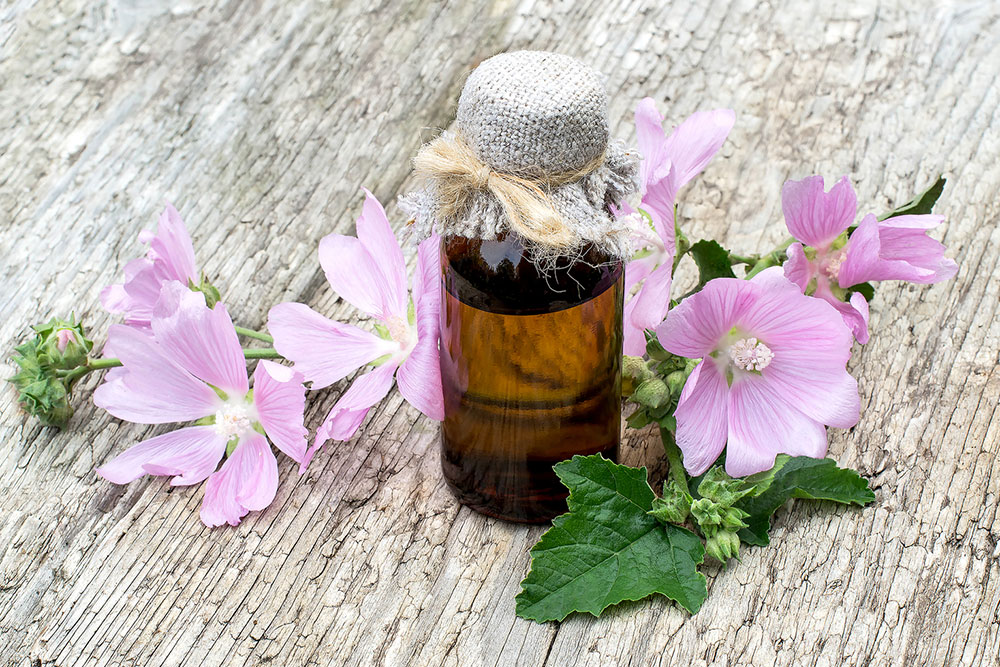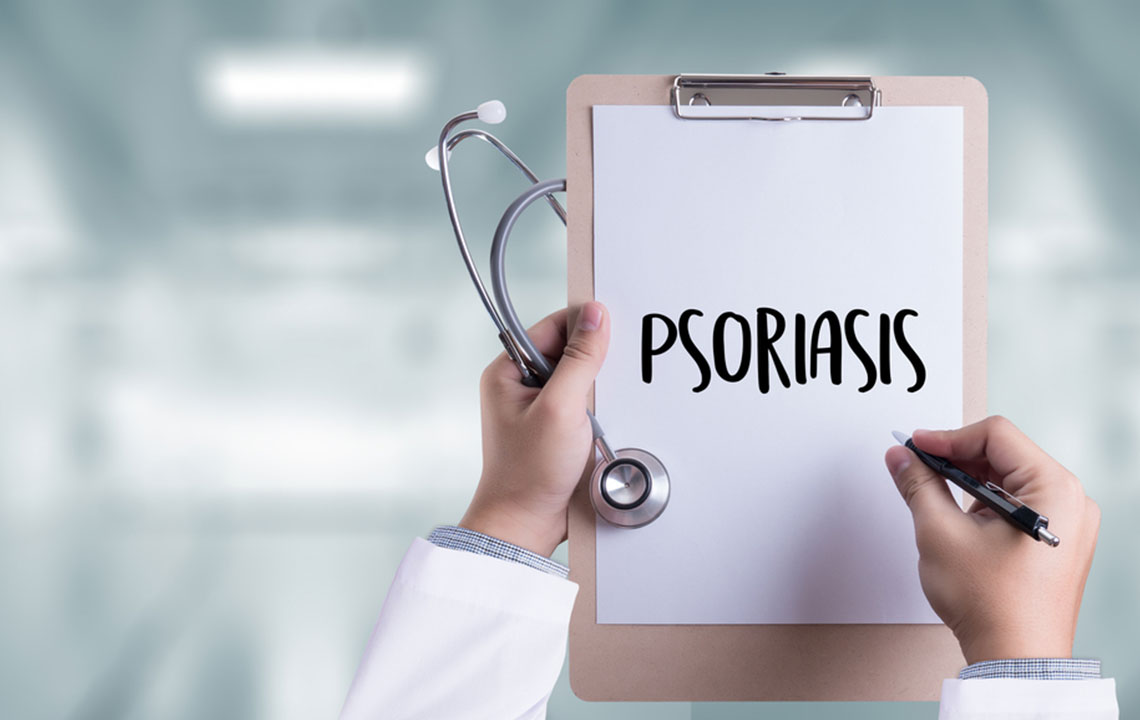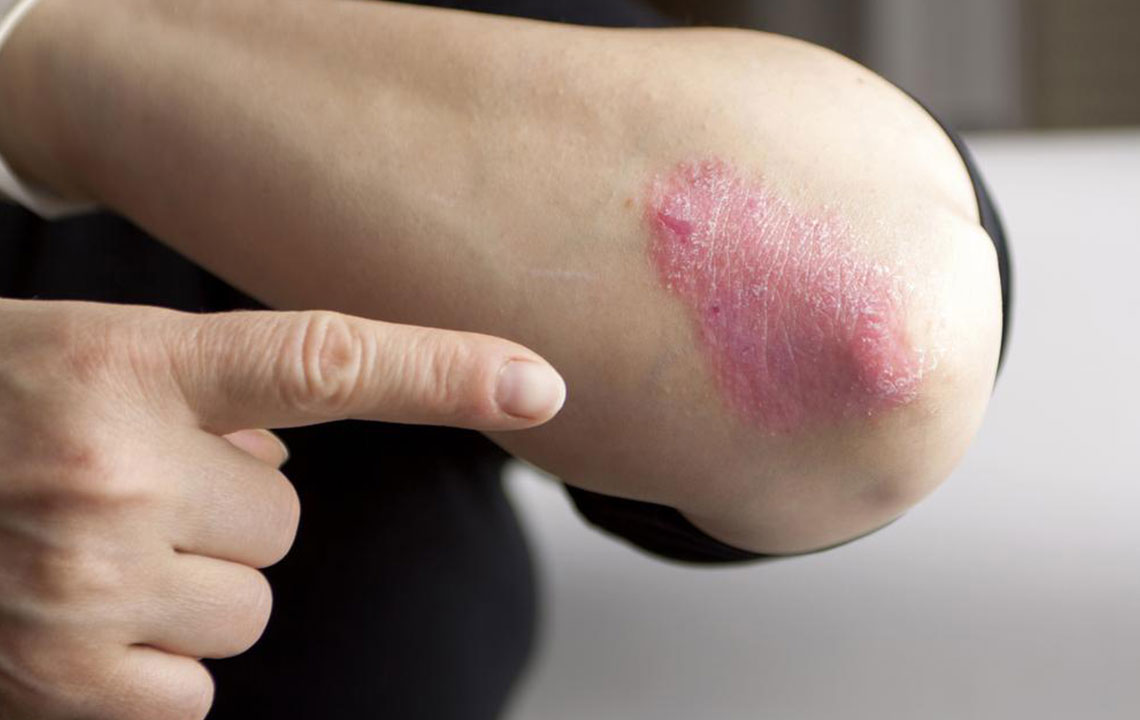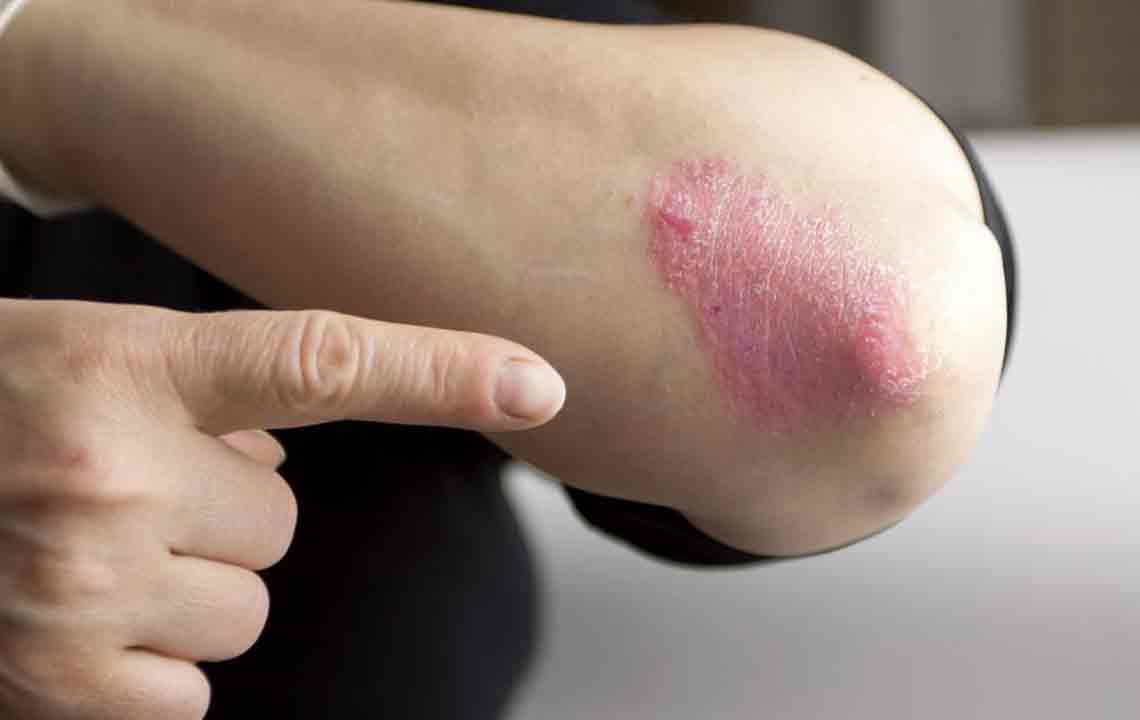Comprehensive Guide to Managing Psoriasis Symptoms Effectively
This comprehensive guide offers effective strategies for managing psoriasis symptoms, including topical treatments, phototherapy, systemic drugs, and alternative options. It highlights personalized approaches, ongoing medical supervision, and the importance of consulting healthcare professionals to achieve optimal skin health and symptom relief for psoriasis patients.

Comprehensive Strategies for Managing Psoriasis Symptoms
Psoriasis is a long-term, chronic skin condition that is non-contagious but characterized by the appearance of thick, layered patches of skin. These patches are generally pink or red and covered with silvery or white scales, which often cause itching and discomfort. While psoriasis can develop at any age, it most frequently begins in early adulthood, but it can also manifest later in life. The condition commonly appears on areas such as the scalp, elbows, knees, and genitals; however, it can occur anywhere on the body, including less typical sites. The severity of psoriasis varies widely—from small patches that are barely noticeable to extensive, widespread lesions that impact quality of life significantly.
Although there is currently no definitive cure for psoriasis, a variety of treatment options can significantly reduce symptoms and improve skin health. These treatments aim to control flare-ups, reduce inflammation, and manage itching and scaling. Among these options, biosimilar medications, which are highly effective and cost-efficient, have become a preferred choice for many patients. This comprehensive guide explores the different strategies and therapies available for managing psoriasis effectively.
Topical Treatments: The First Line of Defense for Mild Psoriasis
For individuals with mild psoriasis, involving less than 10% of the body surface area, topical therapies are typically recommended as the primary treatment strategy. These include a variety of creams, ointments, gels, and sprays designed to be applied directly to affected skin areas. Common topical medications include corticosteroid creams, which help reduce inflammation and itching. These steroids are often used in short cycles to prevent skin thinning and other side effects.
In some resistant cases, localized steroid injections may be necessary for stubborn plaques that do not respond to conventional topical therapies. Additionally, non-steroidal options such as vitamin D analogs—like calcipotriol and calcitriol—are effective in slowing down skin cell growth and reducing scaling. Other topical agents include coal tar preparations, which have been used for decades to alleviate scalp psoriasis, and moisturizers or emollients that help maintain skin hydration and reduce itching.
It is vital to follow medical advice when using topical treatments, as improper application or overuse can lead to side effects. Regular consultation with a healthcare provider ensures the best outcomes and adjusts therapy as needed.
Phototherapy and Systemic Medications for Moderate to Severe Psoriasis
When psoriasis involves more than 10% of the body surface area or presents with significant symptoms, topical treatments alone may be insufficient. In such cases, phototherapy—using ultraviolet (UV) light to target affected skin—has proven to be highly effective. Narrowband UVB therapy is commonly utilized, administered multiple times per week in a clinical setting, resulting in reduced inflammation and scaling.
For moderate to severe cases, systemic treatments—medications that affect the entire body—are often necessary. These include traditional drugs like methotrexate, cyclosporine, and retinoids. More recently, biologic therapies have revolutionized treatment, especially with the advent of biosimilar drugs that mimic innovator biologics, providing targeted and effective options with fewer side effects.
Biosimilars such as Amelita and Cyltezo are similar to Humira (adalimumab), while Erelzi resembles Enbrel (etanercept). Similarly, Inflectra and Reflexis are developed to be comparable to Remicade (infliximab). These biologics and biosimilars work by blocking specific parts of the immune system involved in psoriasis, significantly reducing symptoms and preventing flare-ups.
It is crucial that treatment with systemic and biologic medications is supervised by a healthcare professional, with regular monitoring for potential side effects, including infections and immune reactions. The decision to use these therapies should be made after a comprehensive assessment of the individual patient's condition and overall health.
Additional and Alternative Treatments for Psoriasis
While medications form the cornerstone of psoriasis management, some patients may explore alternative options to complement their treatment plans. All medications, whether conventional or alternative, have potential side effects, which makes medical consultation critical prior to initiation. Alternative therapies include natural remedies such as coal tar preparations and vitamin D analogs, which can often improve symptoms with fewer adverse effects.
Other options include retinoid creams that normalize skin cell growth, and photochemotherapy—where medications are combined with light therapy—to enhance efficacy. Some patients find relief using natural products like aloe vera gel, omega-3 fatty acids, or herbal supplements, but scientific evidence supporting these treatments is limited. Always consult a healthcare professional before adding any alternative therapy to your regimen to ensure safety and effectiveness.
In managing psoriasis, personalized treatment plans are essential. A dermatologist can help determine the most appropriate strategies based on the severity of your condition, existing health issues, and lifestyle preferences. Effective management often involves a combination of therapies, lifestyle modifications, and ongoing medical supervision.
If psoriasis significantly impacts your daily life, seeking professional medical advice is vital. With the right treatment approach, it is possible to control symptoms, reduce flare-ups, and improve your overall skin health and quality of life.





